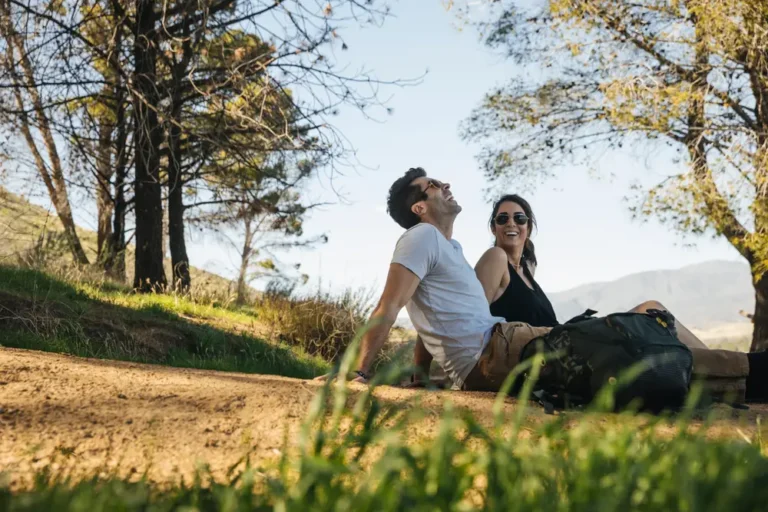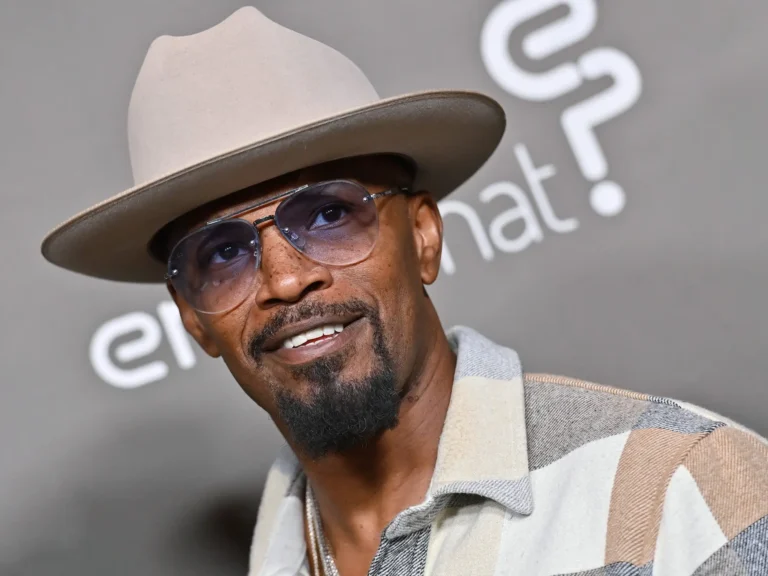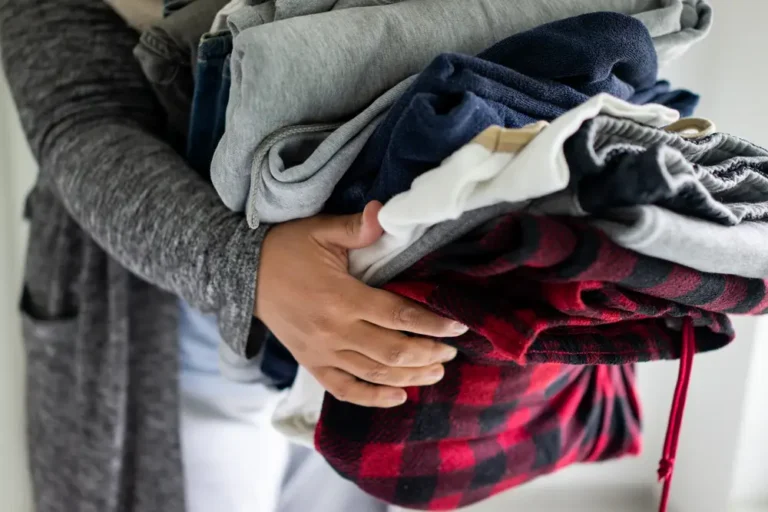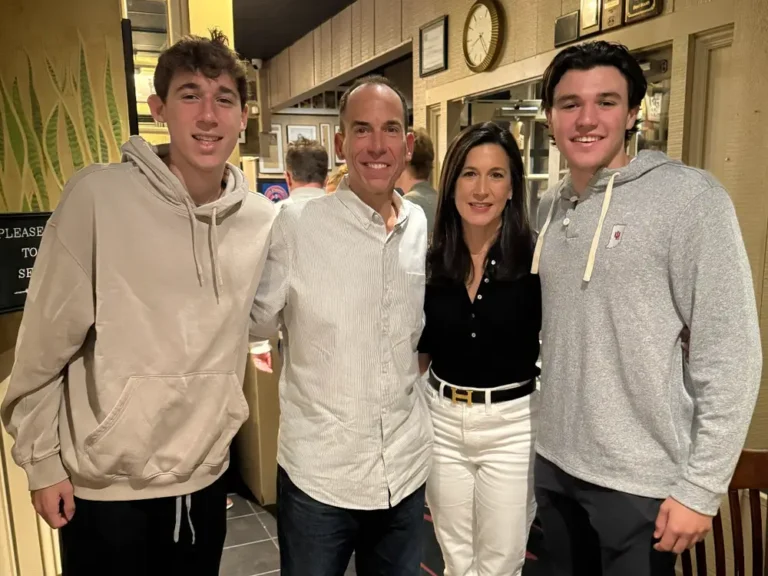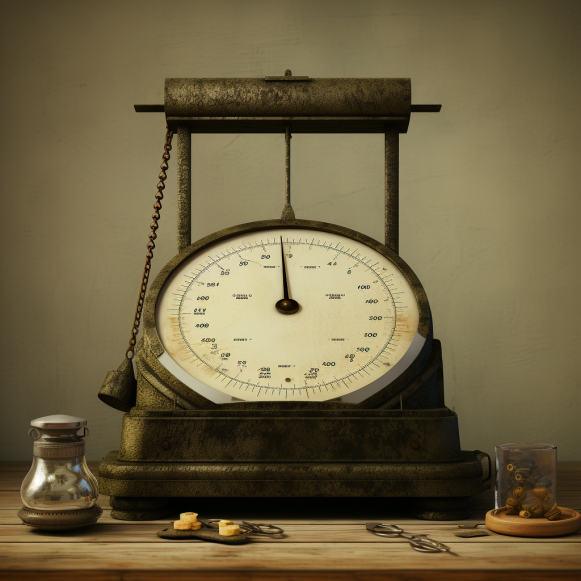I slept with a baby monitor until I left for college. It allowed my parents to care for me and not share a room.
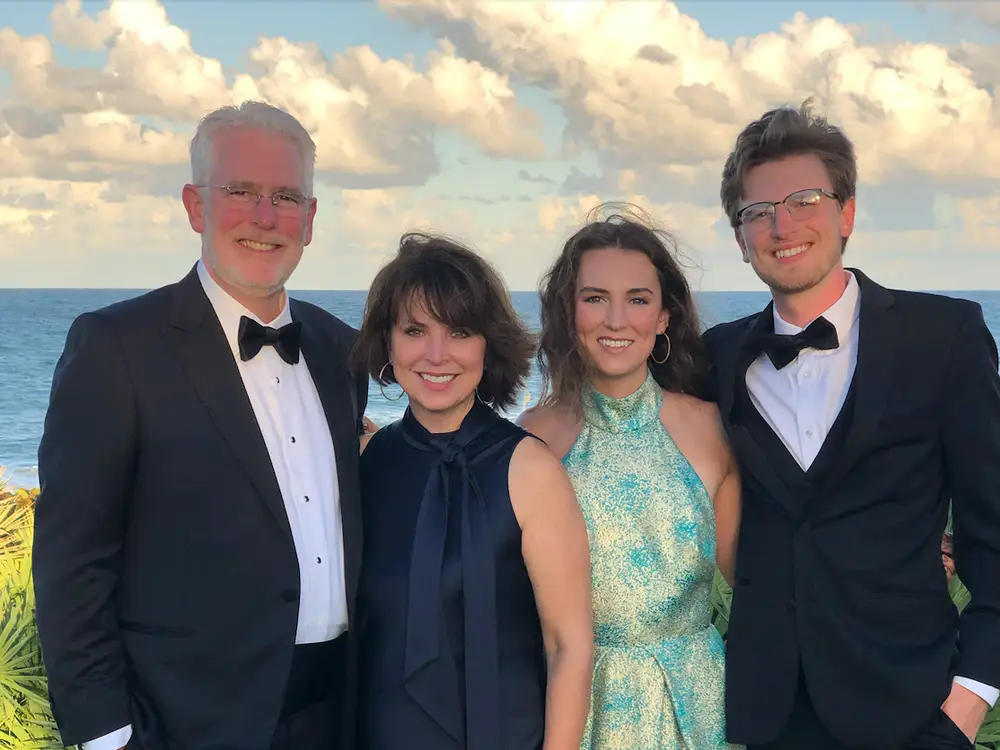
The author, in green, slept with a baby monitor next to her bed until she left for college.
At 11 years old, I jolted awake. I felt pins and needles all over my body. My throat closed, and suddenly my chest shook. I blacked out.
My dad saw convulsions taking control of me. He called my mom for help, but they didn’t know what was happening. When the convulsions stopped, they laid me on my back and watched as my eyes rolled to the back of my head, fearing the worst. Performing thrusts and CPR, they heard something pop in my throat. My 8-year-old brother watched everything unfold while he talked to the 911 dispatcher.
As I eased back into consciousness, I was exhausted. I could hardly take three steps from the bed to the stretcher. After hours of tests, all a blur to me now, the doctors in the emergency room concluded my seizure was a fluke. The results of a second opinion were the same. The doctors said if I went six months without another episode, I was probably fine. If I went a year, it would never happen again.
The seizures came back
Two years and 10 days later, we were on spring break skiing in Colorado. It happened again. This time, my mom witnessed my attack. She helped me pack my bags and made me wear ski goggles all day as we flew home — for fear of any bright or flashing lights that could trigger another incident.
For a few weeks, my mom slept in my bed with me. My seizures occurred around 6 a.m., or in the doctor’s terms, “upon awakening.” We were all afraid of what might happen if I slept alone.
More medical tests followed, and this time, the doctors concluded two unexplained seizures and unusual brain activity meant epilepsy. I was prescribed a life of pills and caution.
I slept with a baby monitor for safety
They recommended I sleep with a baby monitor so I didn’t have to host sleepovers with my mom every night. Through the one-sided walkie-talkie, she could hear if something went wrong in my room while still maintaining some privacy for both of us.
Four years passed. I had high school friends and boyfriends, sang in the shower, and lived like a normal teenager, the baby monitor always listening on my bedside table. I hated the device for its omnipresence, fearing my parents could hear phone calls or revealing confessions if I talked in my sleep, which I did often.
Occasionally, they gave me permission to unplug it so I could talk on the phone, knowing I had total privacy. I almost always forgot to plug it back in, and a lecture ensued.
In the months leading up to my departure for college, the conversation of tossing the baby monitor arose. My mom said we all needed to prepare. My brother was upset, still scarred by the first episode.
My epilepsy is controlled by my medication
We tossed the baby monitor. Nothing happened. My epilepsy was, and still is, controlled by daily medication. There were many times in college, though, when I feared going to bed too late, alone in my dorm, and I wanted that baby monitor back on my bedside table. While I wanted it gone so many times as a teenager, I wanted it back as a maturing young adult. It wasn’t a nuisance; it was a safety blanket and a comfort, reminding me that my parents sacrificed to keep me healthy.
Now, at 28, I’m still seizure-free, on medication, and without a baby monitor. I’ve lived a normal life, traveling the world, camping, rafting, skiing off-grid, competing in races like the Leadville 100 MTB race, biking nonstop for almost 12 hours, and living without a roommate.
Telling this story over the past 15 years, I’ve gotten a variety of responses. Some say it’s wrong or infantilizing. Others see unconditional love. I know my parents sacrificed sleep for weeks, perhaps months, or years following my seizures, and I will never be able to make up for those lost hours or the anxiety and fear this disorder caused. I imagine that every time I rolled over or talked in my sleep, my mother jerked awake, fearing the worst.
My parents helped me learn to manage my invisible neurological disorder, and I am forever grateful.

